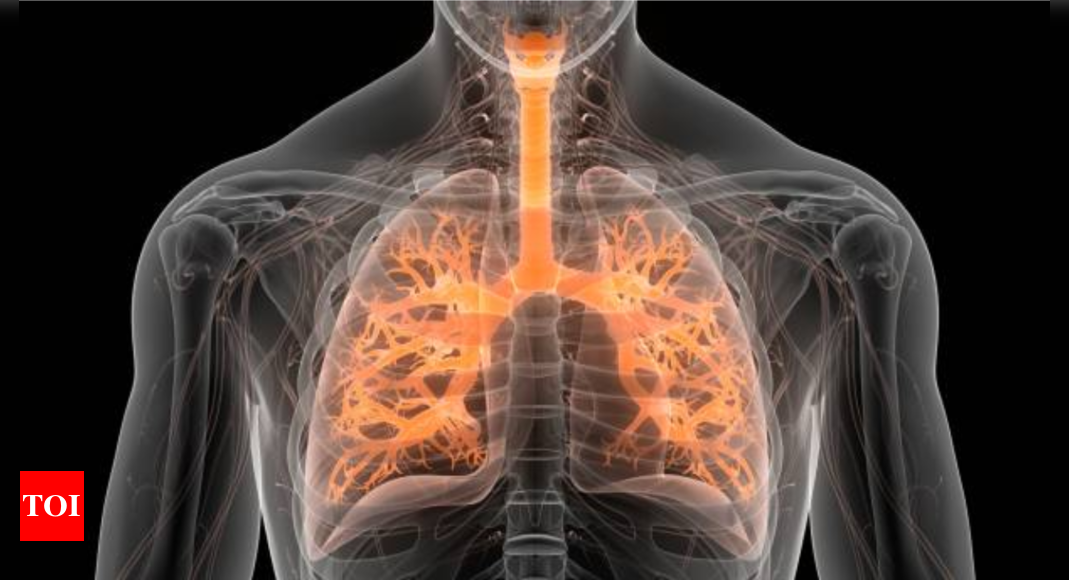SEASONAL AIR POLLUTION WREAKS HAVOC ON LUNG HEALTH

A recent study has highlighted the devastating impact of seasonal air pollution on lung health, particularly among vulnerable populations.
According to Dr Kuldeep Kumar Grover, Head of Critical Care and Pulmonology at CK Birla Hospital in Gurugram, winter conditions bring about a significant increase in respiratory illnesses due to poor air quality. Air pollution, which is mainly caused by particulate matter (PM2.5 and PM10) and toxic gases such as carbon monoxide, sulfur dioxide, and nitrogen oxides, tends to deteriorate when temperatures are low.
"Winter air pollution is highly harmful to the lungs," said Dr Grover. "Fine particulate matter causes inflammation and oxidative stress through penetration into the lungs, even deep enough to enter the bloodstream."
Children, the elderly, and people with weakened immune systems are particularly susceptible to the effects of winter pollution on lung health. Children's delicate lungs are easily injured by pollutants, while old people suffer from worsening of their underlying respiratory and cardiovascular diseases.
Short-term exposure to air pollution can cause irritation in the airways, coughing, wheezing, and breathing difficulties. Long-term exposure may reduce lung function and increase the risk of chronic respiratory diseases and even lung cancer.
To mitigate these effects, Dr Grover advises several steps that can reduce the impact of winter pollution on lung health:
- Monitoring air quality
- Utilizing masks and air purifiers with HEPA filters
- Steer clear of outdoor activities during peak hours when pollutants are at their highest
- Promoting indoor ventilation by using exhaust fans or air purifiers
- Advocating for cleaner practices, such as supporting policies that reduce vehicle and industrial emissions and promoting public transportation.
However, Dr Grover emphasizes the need for a multi-faceted approach to addressing this problem. "Beyond individual precautions, there is a need for systemic changes in the form of stricter air quality regulations, cleaner energy sources, and public awareness campaigns against pollution."
Policymakers, communities, and individuals must work together to reduce winter pollution's devastating impact on lung health. By taking these steps, we can create a healthier environment not just during the winter months but throughout the year.
